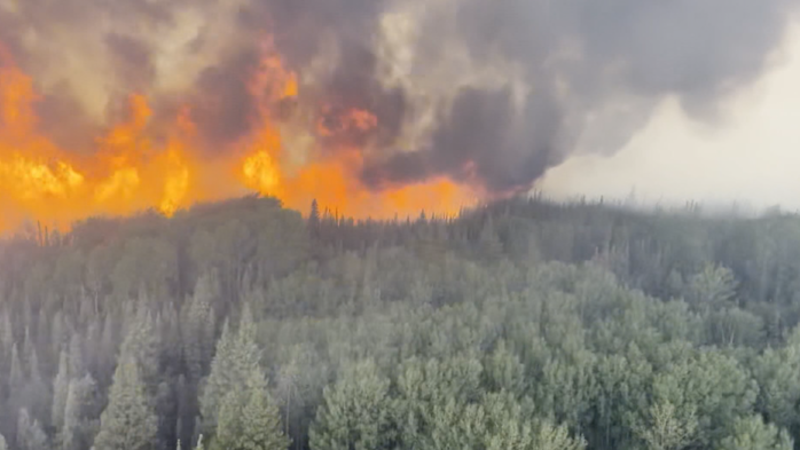
Local appointed to wildfire task force
PRINCE GEORGE – People and communities in British Columbia will be better prepared for emergencies and disasters under the most comprehensive and progressive emergency management framework in Canada with the introduction of the Emergency and Disaster Management Act, and the launch of an expert task force on emergencies. And a familiar face is part of that task.
The Manager of Emergency Programs for the City, Tanya Spooner is one of the 14-member task force. Communities throughout B.C. are dealing with the adverse effects of climate change, including more frequent and severe weather events that threaten homes, businesses and infrastructure. When passed, the new Emergency and Disaster Management Act will implement a more proactive approach to emergency management with an emphasis on disaster risk reduction to safeguard people and communities. Complementing the legislation, the emergency task force, made up of 14 experts in emergency and wildfire management, will begin work immediately and provide action-oriented recommendations on enhancing emergency preparedness and response in advance of the 2024 wildfire season.
